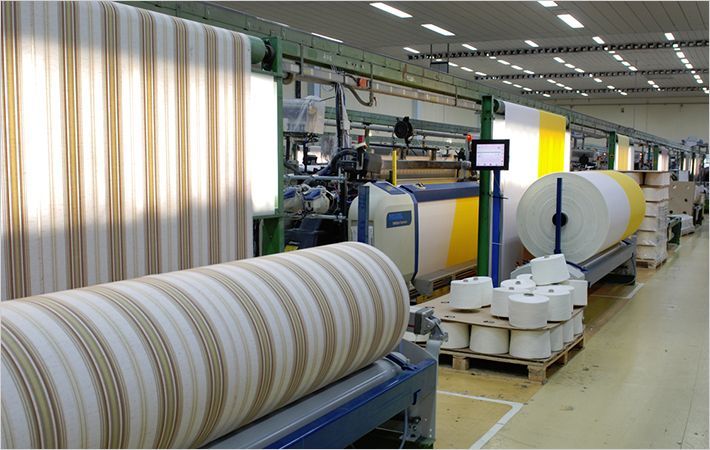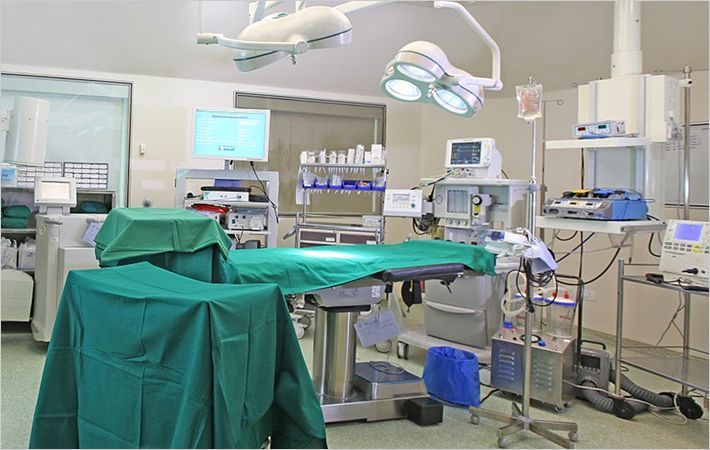NatureWorks and Sulzer's division Sulzer Chemtech announced that Sulzer has shipped proprietary production equipment to NatureWorks' Blair, Neb., facility that will enable NatureWorks to increase production of Ingeo biopolymer and produce new, high-performance resins and lactides.
Nameplate Ingeo production capacity at Blair will rise from 140,000 to 150,000 metric tonnes per annum. Commissioning of the installed new equipment is expected in the first quarter of 2013 with capacity increases and new products becoming available in the second quarter. While the new equipment was being manufactured, Sulzer supported NatureWorks to supply a targeted group of early adopters with demonstration samples of these new resin grades and lactides to enable #
NatureWorks and Sulzer have been working on this capital improvement project for more than a year. Each company has contributed to the project with NatureWorks bringing its operational experience and intellectual property in lactides processing, and Sulzer bringing its proprietary equipment and engineering design expertise in this field. NatureWorks owns patents to the new process, to which Sulzer has exclusive sublicensing rights worldwide. Technical details concerning the new production equipment and the amount of this major capital expenditure are not being released due to the proprietary and competitive nature of this Ingeo development project.
“NatureWorks has an extensive patent portfolio, which includes intellectual property around lactides, polymer and product applications,” explained Bill Suehr, NatureWorks' chief operating officer. “This project has been a natural marriage of each company's assets, focused on a subset of NatureWorks' patented process technology to bring both new capacity and new products to the market.”
“Sulzer has a wide range of innovative technologies applicable for lactide purification. In support of NatureWorks' team, we optimized one of these technologies with the goal to expand the Ingeo product portfolio. In this process, additional work was done in our test center with two primary benefits in focus – increased capacity and product extension,” said Peter Moritz, head of Sulzer Process Technology. “The project development, including the design and delivery of our proprietary equipment, provided an exciting professional and technical opportunity for us to show our capabilities for this type of application.”
With the new technology, NatureWorks will be introducing new high-performance Ingeo resin grades in the injection molding and fibers arenas. New injection molding grades Ingeo 3100HP and 3260HP are designed for use in medium and high flow nucleated formulations to provide an excellent balance of mechanical and thermal properties, while delivering up to 75 percent cycle time savings over formulations based on current Ingeo grades. Heat distortion temperatures (@ 66 psig) are expected to be 15°C higher than what is achievable today.
Fibers and nonwoven products made from the new Ingeo grades 6260D and 6100D will have reduced shrinkage and better dimensional stability. These improved features are expected to enable Ingeo use across a broader range of fiber and nonwoven applications and provide larger processing windows in fiber spinning and downstream conversion processes. NatureWorks also will assess new market and application opportunities for the technology in other processes, including thermoforming, film extrusion, blow molding and profile extrusion.
NatureWorks will be the world's first and only company to offer commercial quantities of a high-purity, polymer-grade lactide rich in the stereoisomer meso-lactide. Identified as Ingeo M700 lactide, this unique, new commercial material will be used as an intermediate for copolymers, amorphous resins, grafted substrates, resin additives/modifiers, adhesives, coatings, elastomers, surfactants, thermosets and solvents.
Several producers have addressed the functionality requested by the market with what are described chemically as racemic lactides. “Compared to these, the high-purity Ingeo M700 will be easier to process and an overall cost effective alternative to racemic, L- and D-lactides in a host of industrial applications,” said Dr. Manuel Natal, global segment leader for lactide derivatives at NatureWorks.

